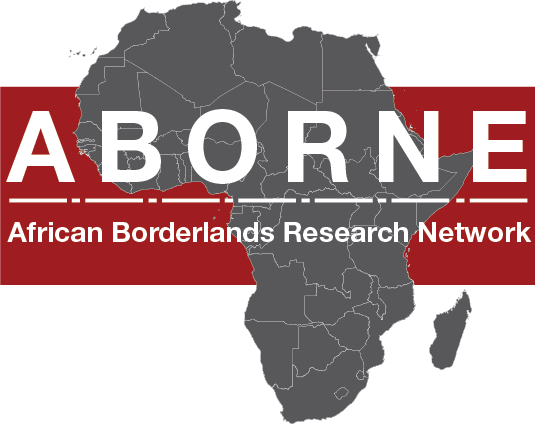Borderlands Research in Collaboration
ABORNE is an interdisciplinary network of researchers interested in all aspects of international borders and trans-boundary phenomena in Africa. The emphasis is on borderlands as physical spaces and social spheres, and regional flows of people and goods.
Over ten years, the network has grown to become the central forum for discussions of African borderlands. It connects over 300 scholars and policy makers in annual conferences, workshops and collaborative research.
Half a century after the crest of the wave of decolonisation rolled across Africa, one of the most ingrained truisms about the continent is still routinely invoked: namely that the boundaries of African states were drawn arbitrarily by Europeans and that their basic articiality renders the very foundations of African states inherently unstable. This argument is not without some merit, but scholars are increasingly questioning whether it can be taken as the last word on the subject. In the past ten years, there has been a veritable explosion of interest in African borderlands, as scholars and practitioners have come to appreciate that some of the most important issues of the day are taking place along the continent’s international borders. This includes international migration; conflict and displacement; global pandemics like HIV/AIDS; the trafficking of contraband; initiatives towards regional economic integration; and shared access to scarce resources such as water and grazing.
African borderlands mostly lie at the geographical margins of the state, but they are far from being of marginal importance. These zones are typically dynamic social spaces that attract a diverse range of actors seeking to take advantage of the opportunities that borders present. Moreover, border towns typically face in two directions at once, and are commonly embedded in networks that extend not merely to the respective capital cities, but also to cities in Europe, Asia and the Americas. The challenge is to understand the complex local dynamics of border areas, whilst at the same time situating them within these larger networks.
Although border studies constitute a well established cross-disciplinary sub-field in North America and Europe, Africa has thus far been marginal to the debate. This Research Networking Programme starts from the premise that African border regions contain their own unique features, but that they also shed light on processes that can be witnessed across the globe. Making African data speak to borderland studies is therefore an important aspect of the underlying intellectual rationale.



